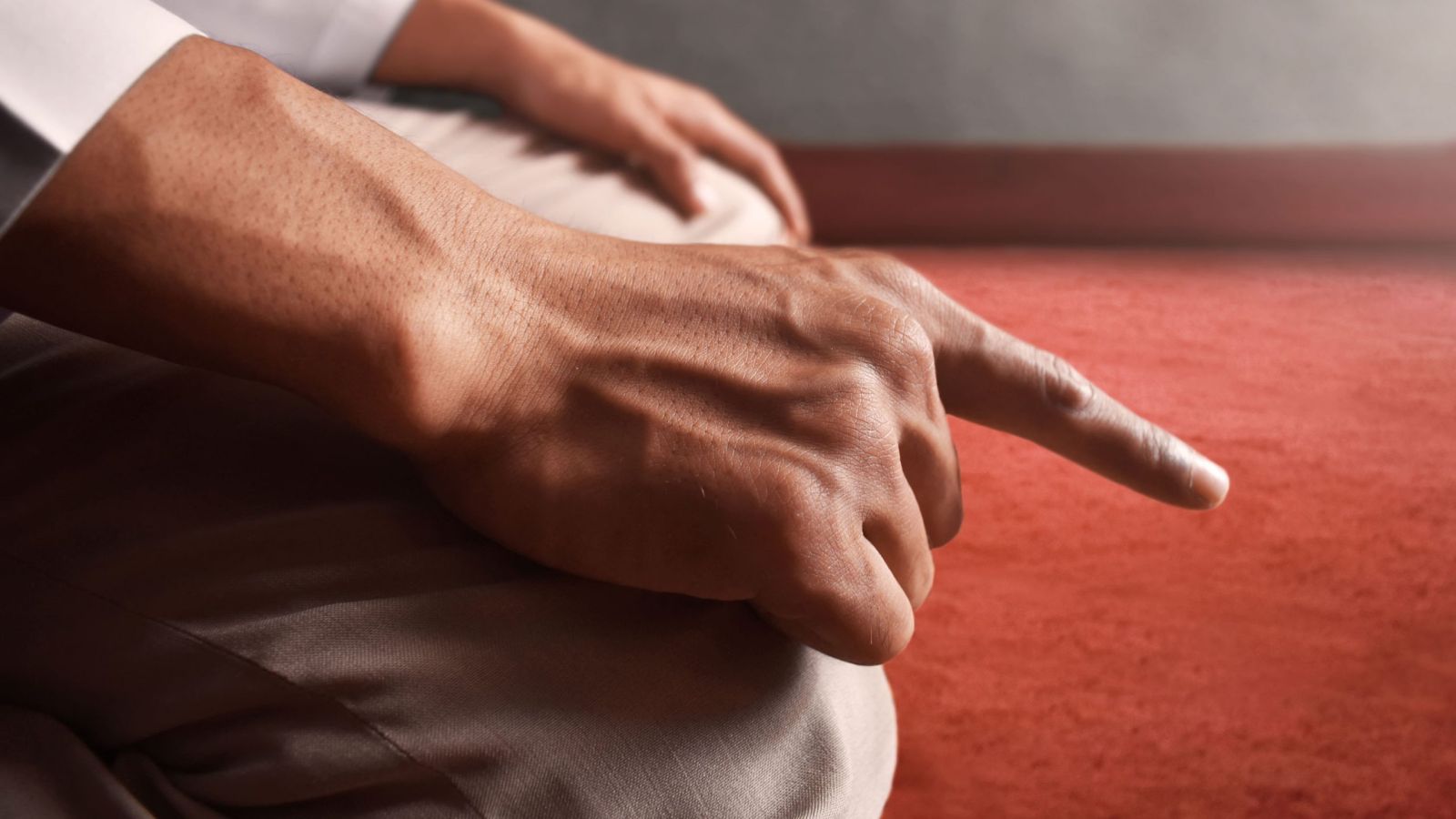When Is the Time for ʿIshāʾ Prayer Over
Imām Muḥammad Nāṣir al-Dīn al-Albānī


In reality the ḥadīth is not legislating the times of the prayers, but it is an open disapproval of knowingly and consciously delaying the prayers from their times.
Sayyid Sābiq says in Fiqh a-Sunnah, in his section on the time of ʿIshāʾ Prayer:
‘‘…And as for the time of ʿIshāʾ Prayer then it extends until the time of Fajr, and this is understood from the ḥadīth of Abū Qatādah who said that the Prophet (ﷺ) said, “Negligence (regarding the prayer) is not from oversleeping, but negligence is found with the one who does not pray (while conscious and aware) until the time of the next prayer comes.”2
The ḥadīth proves that the time of every prayer extends until the entrance of the time for the following prayer, except for Fajr Prayer, for surely it’s time does not remain until Dhuhr Prayer, rather the scholars have unanimously agreed that its time ends at sunrise.’’
I say (al-Albānī): The author (Sābiq) is following al-Shawkānī and others in their deduction from this ḥadīth, but there is no evidence in it for what they are concluding, especially when there is no mention of the times of the prayers in it, nor is it even in the correct context, for this ḥadīth is general, mentioning the sin of the one who knowingly and intentionally delays the prayer until its time is gone, whether another prayer comes to end its time (ʿAṣr and Maghrib) or not (Fajr and Dhuhr). This is proven by the fact that this ḥadīth is specifically regarding the Fajr Prayer itself, when the Prophet (ﷺ) and his Companions slept through the time of Fajr during a journey. The Companions, may Allāh be pleased with them, were astounded by what happened to them, so the Prophet, (ﷺ), said to them, “Am I not your example?…” then he mentioned our ḥadīth, the one found in Ṣaḥīḥ Muslimand others.
So if this ḥadīth was intended to mean what they are concluding about the time of the prayers continuing until the entrance of the one that follows it, then it would be a clear proof that Subh (Fajr) extends to the time of Dhuhr, but they are not saying that! Rather they are holding that Fajr is an exception to this rule. So these deductions, after we have made clear the reason the Prophet (ﷺ) said his statement, are invalid because certainly the ḥadīth was mentioned specifically about the Subh (Fajr) Prayer, so how can it be an exception to the ḥadīth?!?!
In reality, the ḥadīth is not legislating the times of the prayers, but it is an open disapproval of knowingly and consciously delaying the prayers from their times. Regarding that Ibn Hazm said in al-Muhallā (3/178) in response to the conclusion we have reviewed:
‘‘This does not prove what they are saying, and they agree with us that the time of Subh (Fajr) does not extend until Dhuhr. The ḥadīth does not prove that the time of every prayer connects to the time of the one after it, it only exposes the wrongdoing of the one who delays the prayer outside of its time, whether the end of its time is connected to the beginning of another prayer or not. Also, the ḥadīth does not refer to the negligent one who delays the prayer past its time, without entering into another prayer time, nor does it mention his negligence, rather this report is silent regarding these things. However, these issues are addressed in other reports that specifically mention the times of the prayers individually and legislate their entrance and exit. And we must say that anyone who transgresses the time limit of any action from those that Allāh legislated their proper times, he has transgressed the limits of Allāh and He Most High says,
“…And whoever transgresses the limits of Allāh, they are the oppressors.”
[Sūrah al-Baqarah 2:229]
So when it becomes clear that the ḥadīth is void of any evidence indicating that the time of ʿIshāʾ Prayer lasts until Fajr, upon us is a return to the other aḥādīth that are clear proofs about the legislation of the time of ʿIshāʾ , like his statement, (ﷺ), “…and the time for ʿIshāʾ Prayer is until half of the night…”3 It is found in Muslim and elsewhere.
And he goes on to complete his thoughts on the subject in his book, referring to what ʿUmar Ibn al-Khaṭṭāb wrote to Abū Mūsá al-Ashʿarī, “… and pray ʿIshāʾ before one-third of the night passes, unless you delay it, then to half of the night, and do not become from the heedless.” This report is found with Mālik and al-Ṭahāwī and its chain is ṣaḥīḥ.
This ḥadīth is clear evidence to show that the time of ʿIshāʾ goes until the middle of the night only, and that is what
This ḥadīth is clear evidence to show that the time of ʿIshāʾ goes until the middle of the night only, and that is what is correct. Ash-Shawkānī favored that in ad-Dararul-Bahī‘ah saying, “and the last time for ʿIshāʾ to be offered is the middle of the night.” And Siddīq Ḥasan Khān followed him in his explanation (1/69-70), and a similar statement has been gathered from Imām Mālik as found in Bidāyah al-Mujtaḥid. And it is the choice of a group of Shāfi’ī scholars like Abū Saʿīd al-Istakhrī and others. Refer to al-Majmūʿ (3/40).
Additional benefit: The night ends with the entrance of the True Fajr, and that is the saying of all of the scholars, as found in the book, Fiqh al-Sunnah.
Endnotes:
[1] The following is taken from Tamāmul-Minā (p. 140-142)
[2] Related by Muslim (no. 1099)
[3] Related by Muslim (no. 966) and Aḥmad (no. 6671, 6698).
Translated by Abū Sumayyah Mūsá ibn Yahyá Āli-Asad1

















